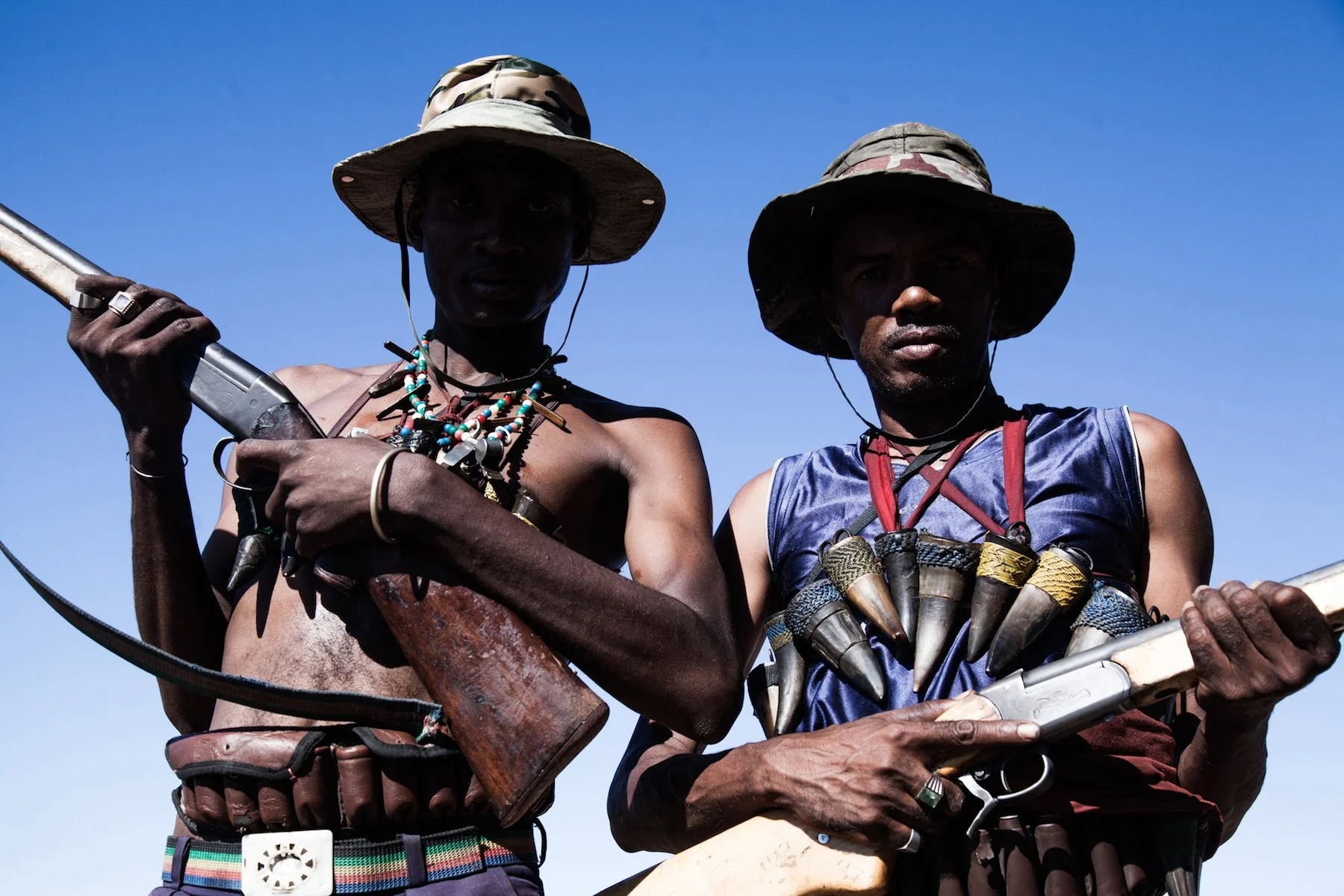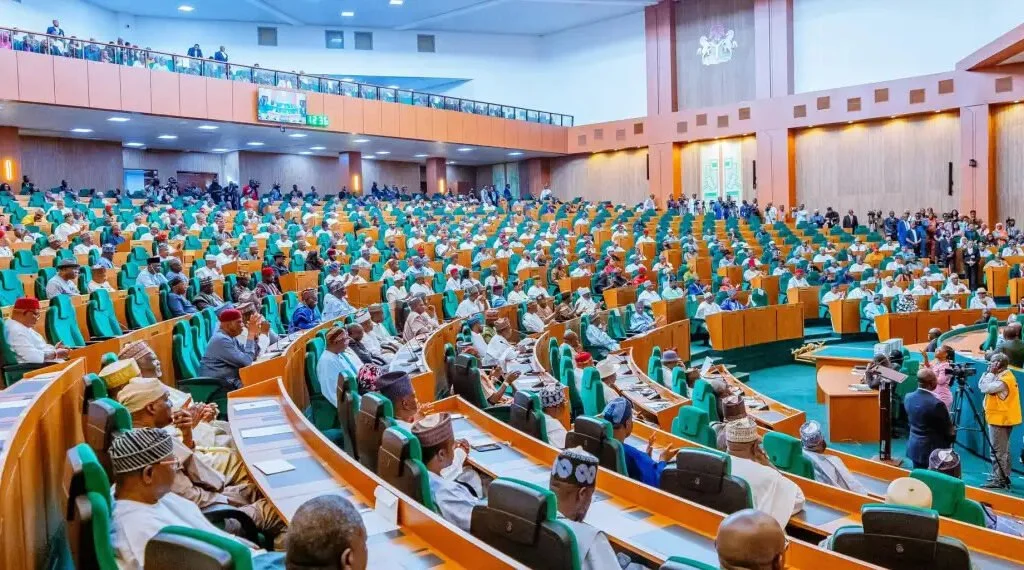The Independent Corrupt Practices and Other Related Offences Commission (ICPC) has tracked 1,440 government-funded projects across Nigeria’s Northwest and Northeast regions, with a combined value of over ₦271 billion, the commission announced during a press briefing in Kano.
ICPC Chairman, Dr. Musa Adamu Aliyu, SAN, during a press conference, disclosed that 767 projects in the Northwest were valued at ₦112 billion, while 673 projects in the Northeast accounted for ₦158 billion.
Speaking on the outcomes of the tracking exercise, the Chairman said, “Our tracking exercise is yielding tangible results. We have not only monitored the implementation of these projects but also recovered significant amounts in both cash and assets.”
The commission reported that ₦7.269 billion in cash and $1.066 million in foreign currency were recovered in the Northwest, while ₦43.335 million was retrieved in the Northeast. During the operation, ICPC also seized 14 buildings, 25 plots of land, and three farmlands in the Northwest.
The ICPC Chairman highlighted the role of the media in ensuring accountability. “We commend journalists who have continued to shine a light on abandoned or poorly executed intervention projects. Your vigilance ensures that public resources reach the people they are meant for,” he said.
Regarding enforcement, the commission investigated 171 cases in the two regions—117 from the North-West and 54 from the North-East. These investigations resulted in 16 court cases and eight convictions. “These figures are not just numbers; they represent our sustained efforts to curb corruption and enforce transparency in public service delivery,” the Chairman added.
The ICPC’s project tracking initiative is designed to ensure that government-funded projects, particularly those in underserved communities, are implemented effectively and meet their intended objectives. The commission said the project tracking exercise will be extended to other regions of the country, with expected collaboration from civil society and citizens in future phases.






